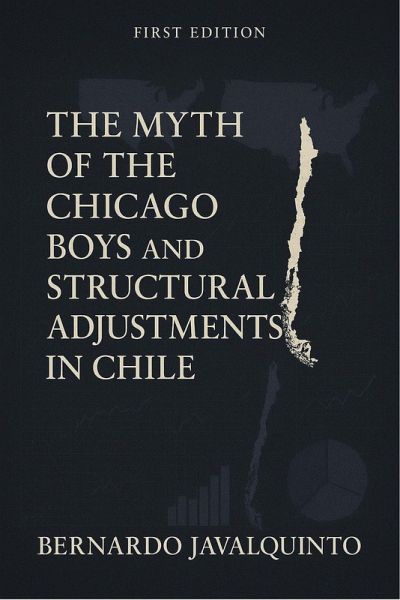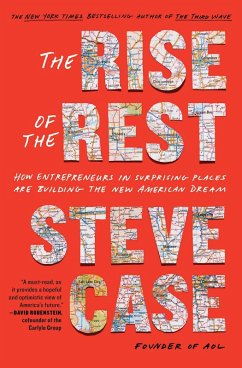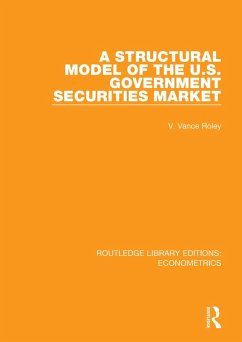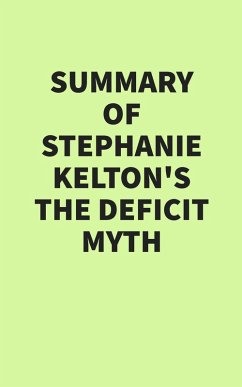
The Myth of the Chicago Boys and Structural Adjustments in Chile (eBook, ePUB)

PAYBACK Punkte
0 °P sammeln!
Why Read This Book?The Myth of the Chicago Boy and the Structural Adjustment Loans dismantles one of the most persistent economic and political illusions in Latin American history: the mythologized role of the so-called "Chicago Boys" in shaping the continent's destiny through structural adjustment programs.Through a rigorous yet accessible analysis, this book reveals how global financial institutions-namely the IMF and World Bank-used Structural Adjustment Loans (SALs) as instruments of economic control, cloaked in the rhetoric of free-market reform. Far from being organic, locally driven tra...
Why Read This Book?
The Myth of the Chicago Boy and the Structural Adjustment Loans dismantles one of the most persistent economic and political illusions in Latin American history: the mythologized role of the so-called "Chicago Boys" in shaping the continent's destiny through structural adjustment programs.
Through a rigorous yet accessible analysis, this book reveals how global financial institutions-namely the IMF and World Bank-used Structural Adjustment Loans (SALs) as instruments of economic control, cloaked in the rhetoric of free-market reform. Far from being organic, locally driven transformations, these adjustments were externally imposed policies that frequently prioritized debt repayment and fiscal discipline over social equity and national sovereignty.
Key reasons to read this book:
This is not just a book about economics; it is a call to recover national agency, to reclaim the truth, and to forge new paths beyond imposed models. For scholars, policymakers, students, and engaged citizens, it is an essential read for understanding how external ideologies can distort internal realities-and how to resist them.
The Myth of the Chicago Boy and the Structural Adjustment Loans dismantles one of the most persistent economic and political illusions in Latin American history: the mythologized role of the so-called "Chicago Boys" in shaping the continent's destiny through structural adjustment programs.
Through a rigorous yet accessible analysis, this book reveals how global financial institutions-namely the IMF and World Bank-used Structural Adjustment Loans (SALs) as instruments of economic control, cloaked in the rhetoric of free-market reform. Far from being organic, locally driven transformations, these adjustments were externally imposed policies that frequently prioritized debt repayment and fiscal discipline over social equity and national sovereignty.
Key reasons to read this book:
- Debunking Myths: It challenges the simplified narrative that Chile's neoliberal experiment was a homegrown success, showing how it was deeply tied to international pressures and ideological alignment with U.S. economic strategy.
- Historical Clarity: It situates the rise of the Chicago School ideology within the Cold War geopolitical framework, exposing how ideological exportation replaced democratic economic development.
- Policy Insight: It offers a clear critique of conditionality, explaining how SALs reshaped economies at the expense of public welfare, employment, and institutional autonomy.
- Proactive Perspective: Rather than merely criticizing, the book encourages rethinking public policy with lessons for current and future leaders in Latin America and the Global South.
This is not just a book about economics; it is a call to recover national agency, to reclaim the truth, and to forge new paths beyond imposed models. For scholars, policymakers, students, and engaged citizens, it is an essential read for understanding how external ideologies can distort internal realities-and how to resist them.
Dieser Download kann aus rechtlichen Gründen nur mit Rechnungsadresse in A, B, CY, CZ, D, DK, EW, E, FIN, F, GR, H, IRL, I, LT, L, LR, M, NL, PL, P, R, S, SLO, SK ausgeliefert werden.













